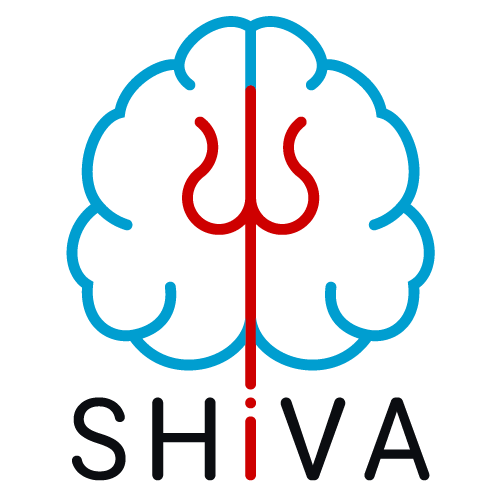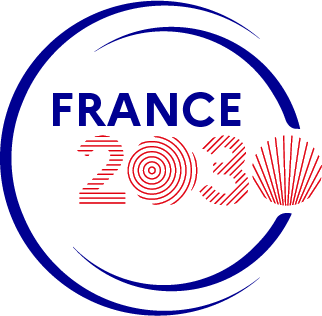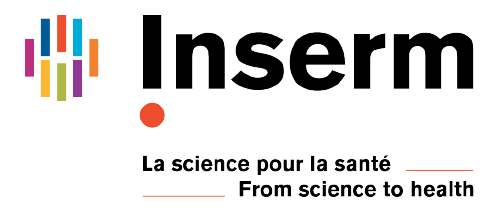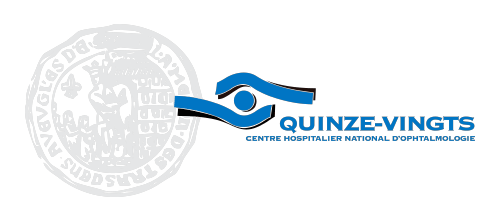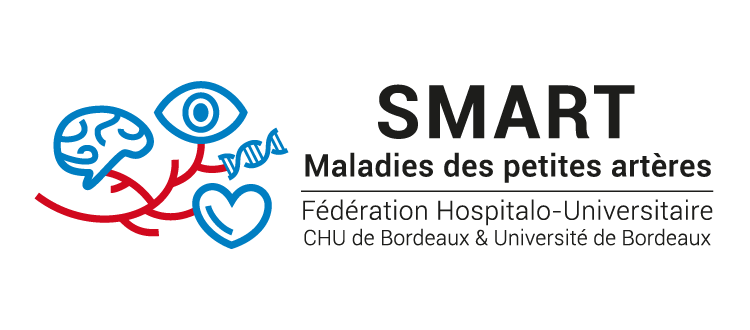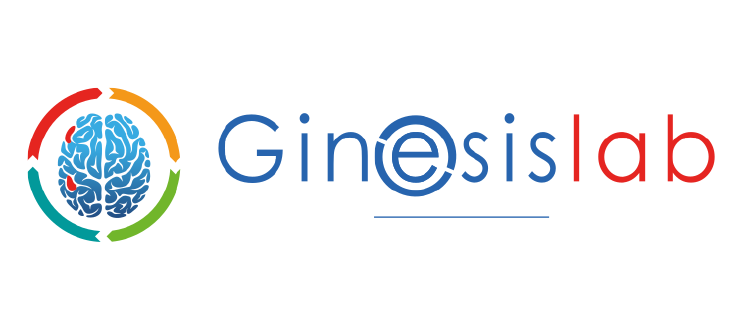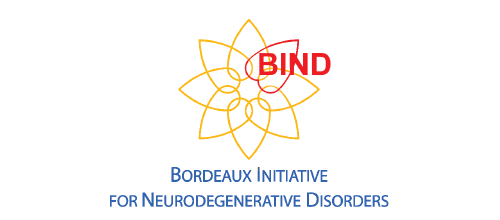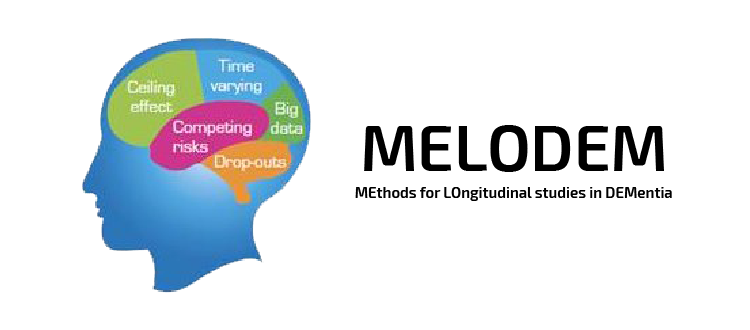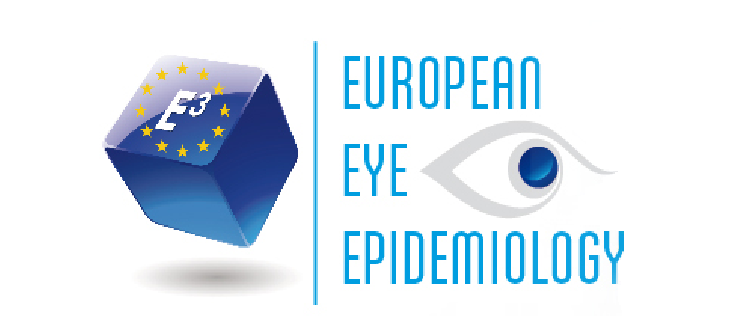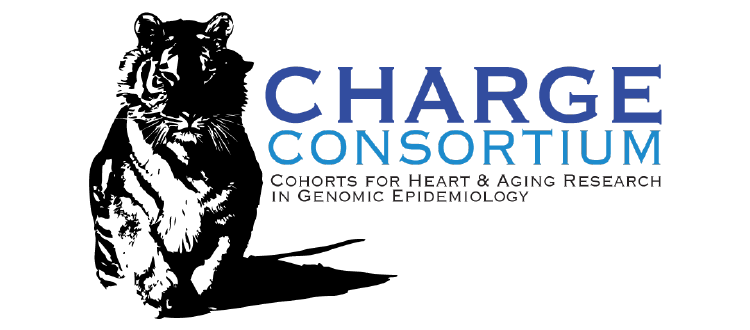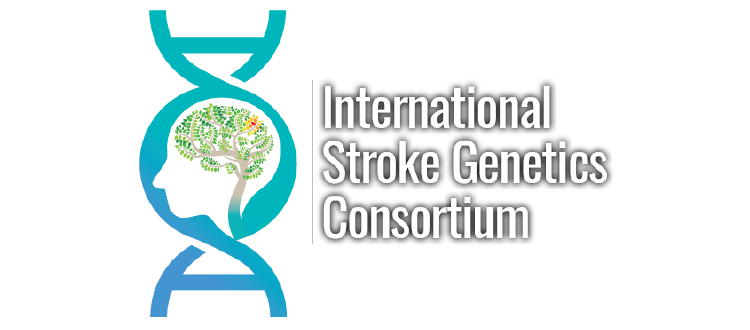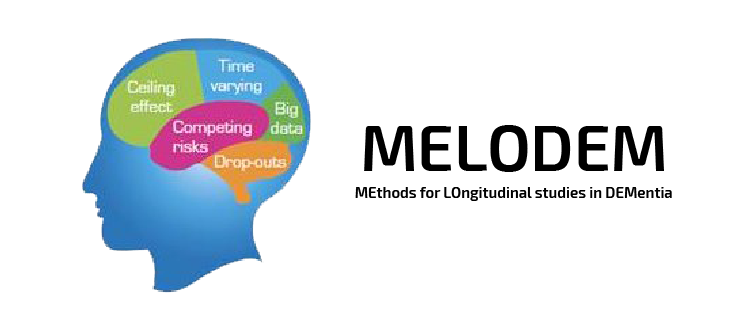CONSORTIUM
SHIVA partners have a longstanding trackrecord of collaboration and a leadership role in several key international consortia.
GENOMICS /
MULTIOMICS
VASCULAR
BIOLOGY
HR RETINAL
VASCULAR
IMAGING
OPHTALMOLOGY
CLINIC
HYPERTENSION
CLINIC
BIOSTATISTICS /
AI
NEUROVASCULAR
UNIT
POPULATION
HEALTH
CARDIOVASCULAR
CLINIC
MEMORY
CLINIC /
GERIATRICS
NEUROIMAGING
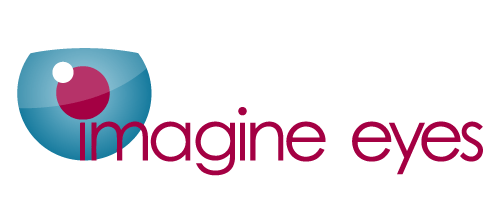

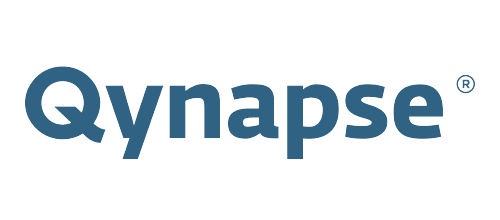

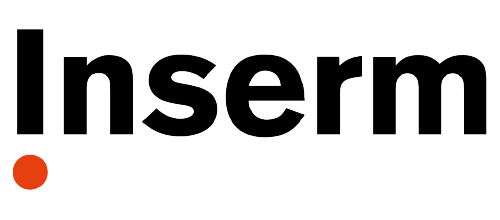
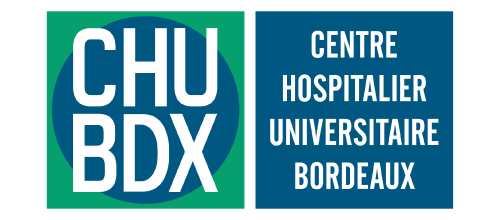
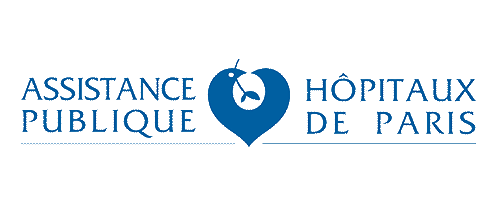

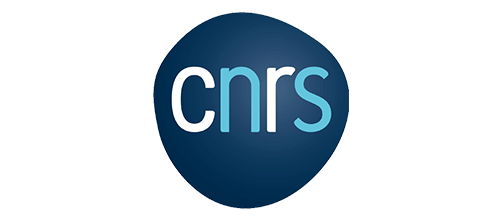
ACADEMIC PARTNERS
INDUSTRIAL PARTNERS
COLLABORATORS
ACADEMIC PARTNERS
Learn about Shiva's academic partners by clicking on the logo below.






INDUSTRIAL PARTNERS
Discover our industrial partners by clicking on the logo below.



SHIVA MEMBERS
The SHIVA project is based on a multidisciplinary consortium of institutional and industrial scientists and medical doctors with synergistic skills encompassing medical imaging technologies, population health, biostatistics and artificial intelligence, omics sciences (genomics / proteomics / transcriptomics / metabolomics), vascular biology, health economics and ethics.

Guillaume ALBARET
Geriatrician, Bordeaux Hospital

Hélène AMIEVA
Research Director, BPH Center UMR1219
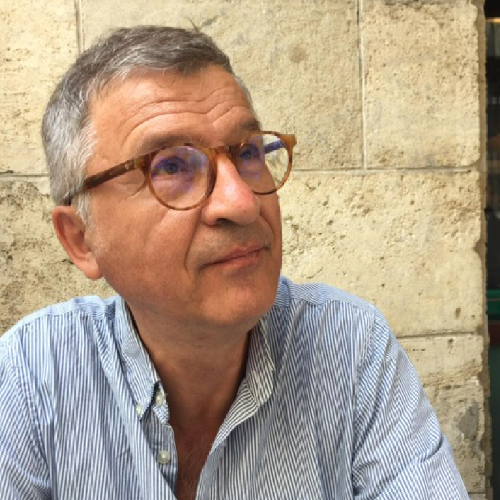
Andreas BIKFALVI
Research Director, U1029 Inserm Center

Romain BOULESTREAU
Cardiologist, Bordeaux Hospital
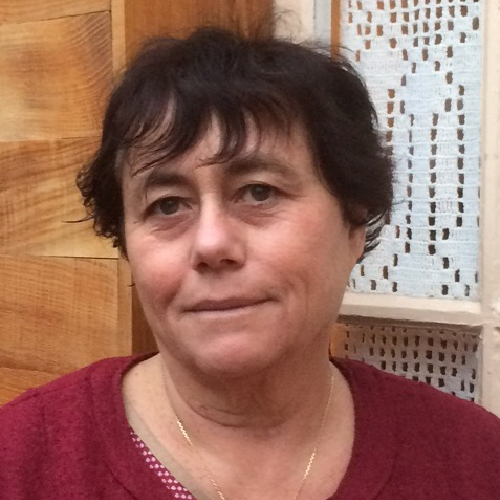
Isabelle BOURDEL-MARCHASSON
Gerontologist, Bordeaux Hospital
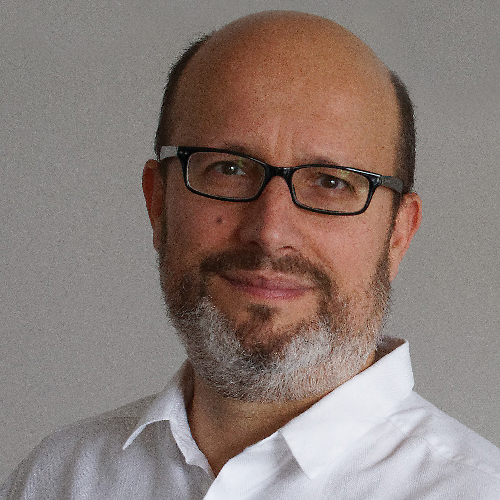
Philippe BOUTINAUD
Biomedical Chief Technical Officer, Fealinx
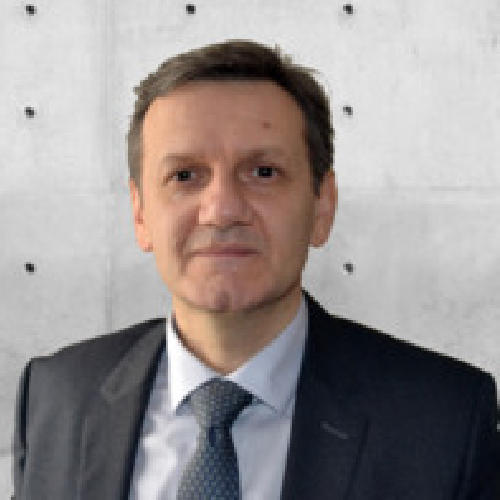
Nicolas CHATEAU
Chief Executive Officer, Imagine Eyes
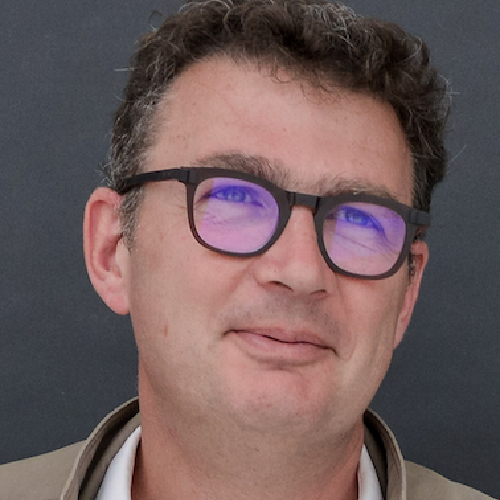
Thierry COUFFINHAL
SHIVA Co-coordinator, WP3 Leader, Cardiologist

Olivier COURREGES
Chief Executive Officer, Qynapse

Antoine CREMER
Cardiologist, Bordeaux Hospital
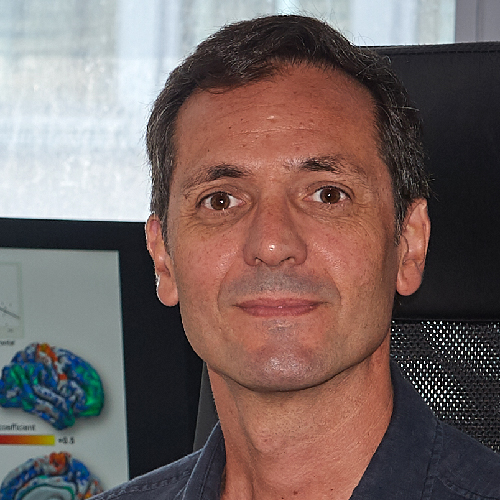
Fabrice CRIVELLO
Research Director, UMR 5293 Center

Sylviane DARQUY
Research Director, BPH Center UMR1219
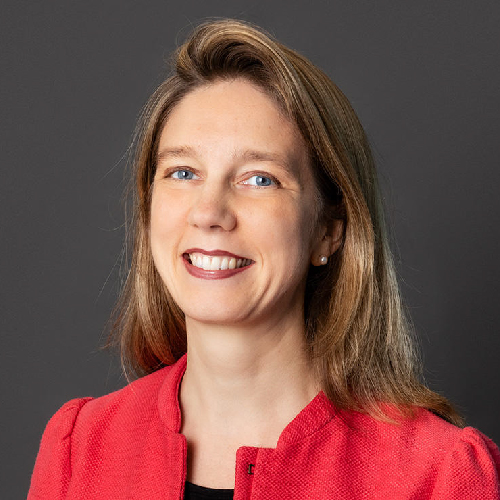
Stéphanie DEBETTE
SHIVA Coordinator, WP6 Leader, Neurologist
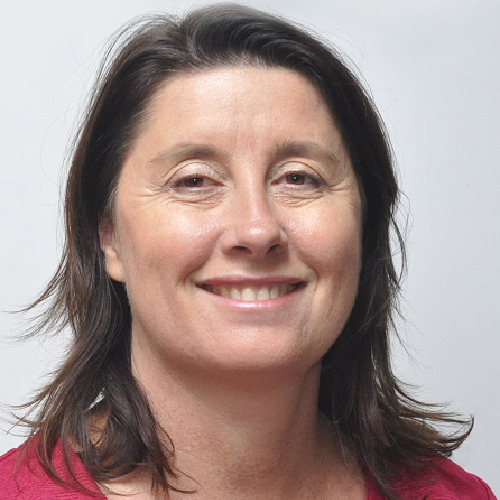
Cécile DELCOURT
Research Director, BPH Center UMR1219

Marie-Noëlle DELYFER
Ophtalmologist, Bordeaux Hospital

Carole DUFOUIL
WP4 Leader, Research Director, UMR1219
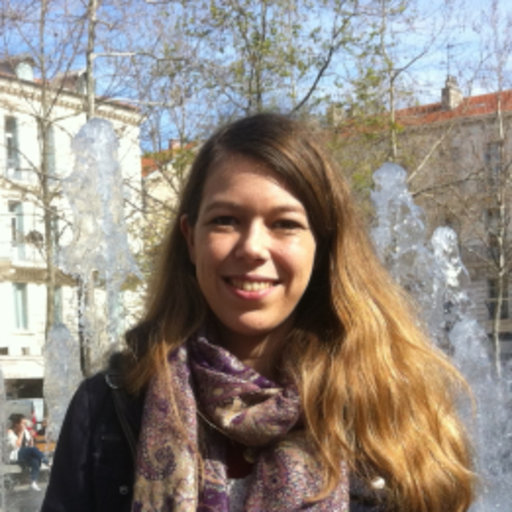
Marie-Gabrielle DUPERRON
Physician, UMR1219

Cécile DUPLÀA
Research Director, U1034 Inserm Center

Philippe GOSSE
Cardiologist, Bordeaux Hospital

Nicolas GUIZARD
Director R&D Imaging, Qynapse
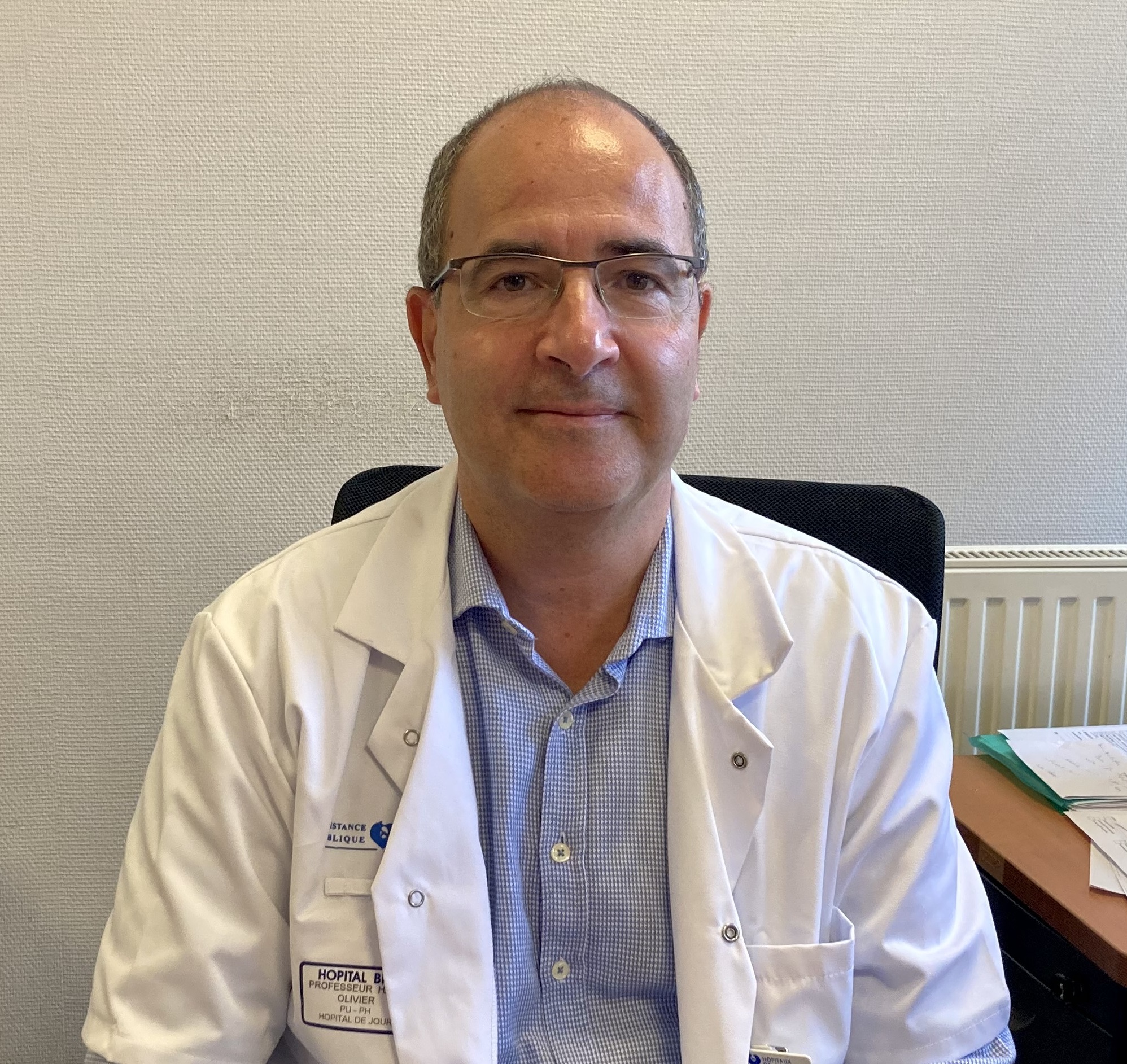
Olivier HANON
WP5 Leader, Geriatrician, AP-HP / Responsable du WP5
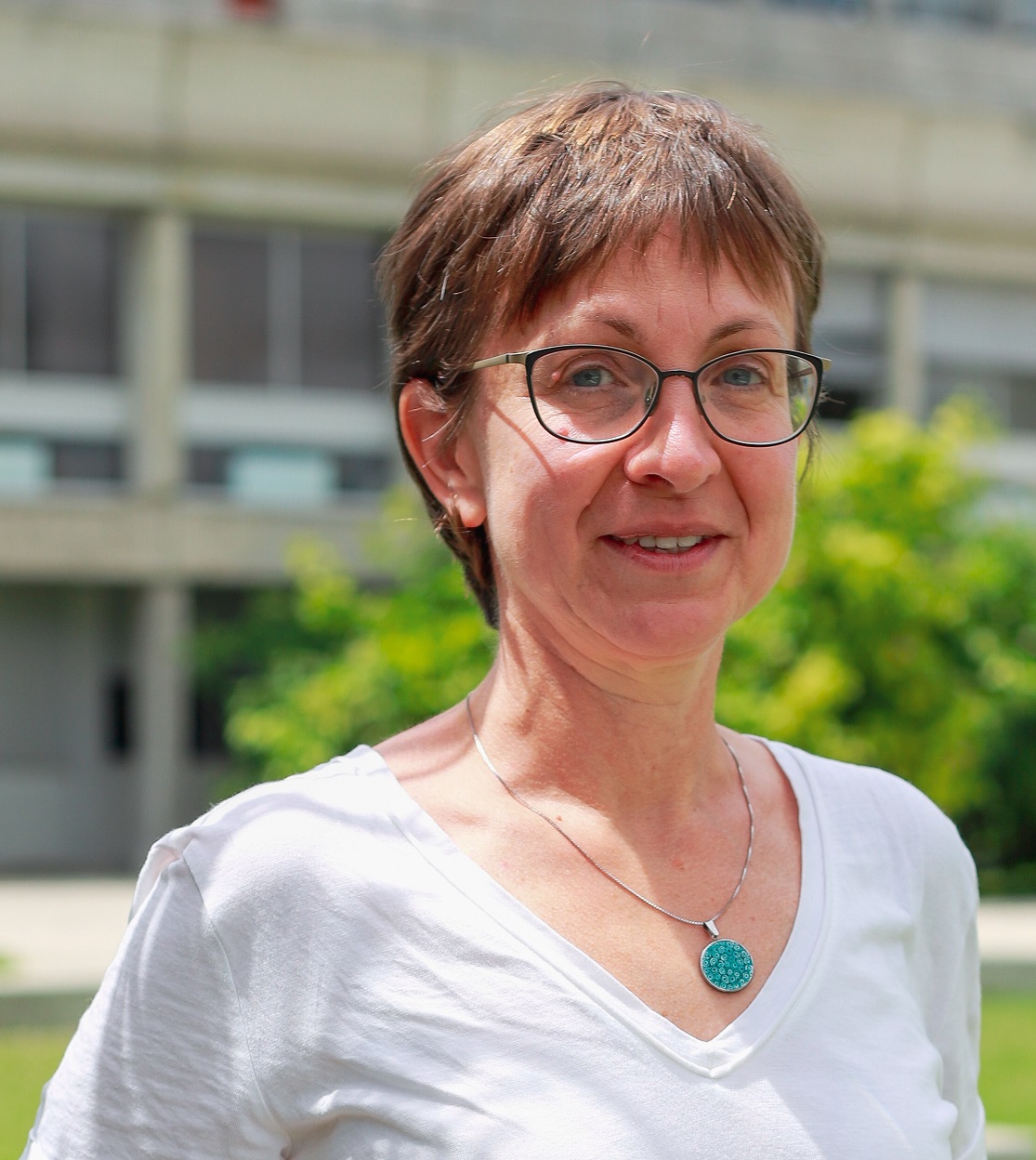
Catherine HELMER
Research Associate, BPH Center UMR1219

Pierre-Yves HERVÉ
R&D Scientific Consultant, Fealinx
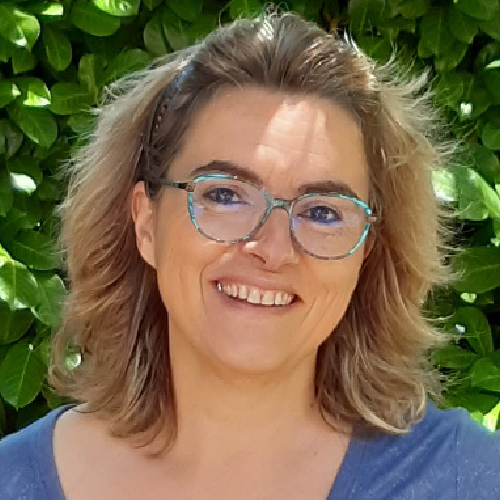
Hélène JACQMIN-GADDA
Research Director, BPH Center UMR1219
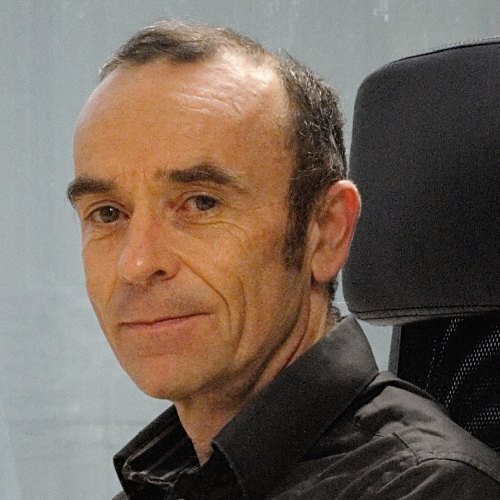
Marc JOLIOT
WP1 (brain imaging) leader. Research Director, UMR 5293 Center

Thomas JUBAULT
Clinical Research NeuroImaging Leader, Qynapse
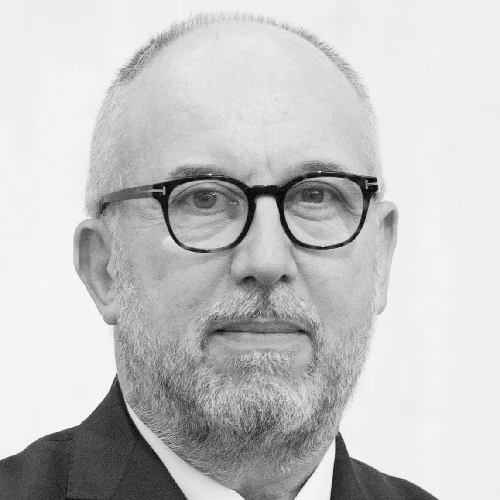
Jean-François KOROBELNIK
WP1 (retinal imaging) leader. Ophtalmologist, Bordeaux Hospital
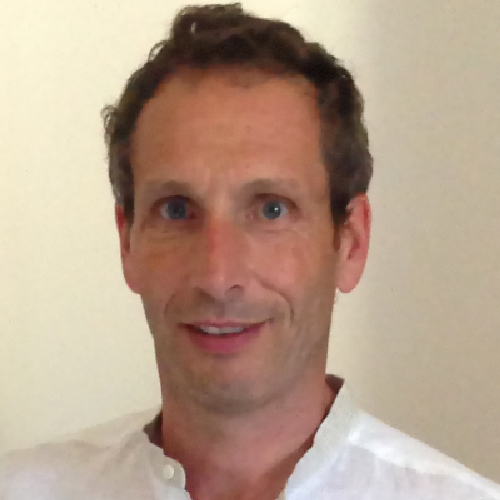
Xavier LEVECQ
Chief Technical Officer, Imagine Eyes

Jean-Sebastien LIEGEY
SHIVA Physician, Bordeaux Hospital

Elizabeth GORDON
Scientific Director, Qynapse
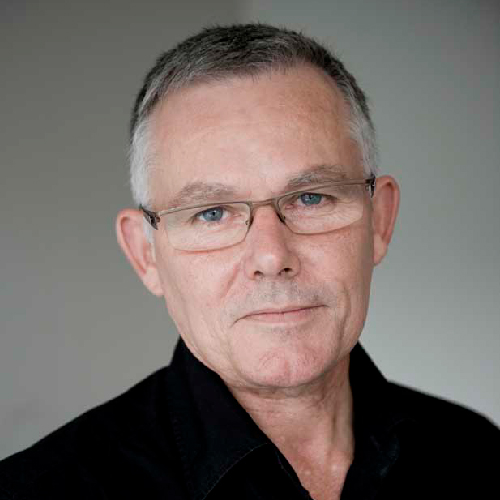
Bernard MAZOYER
ex-WP1 Leader, Neuroradiologist UMR5293 (Retired)
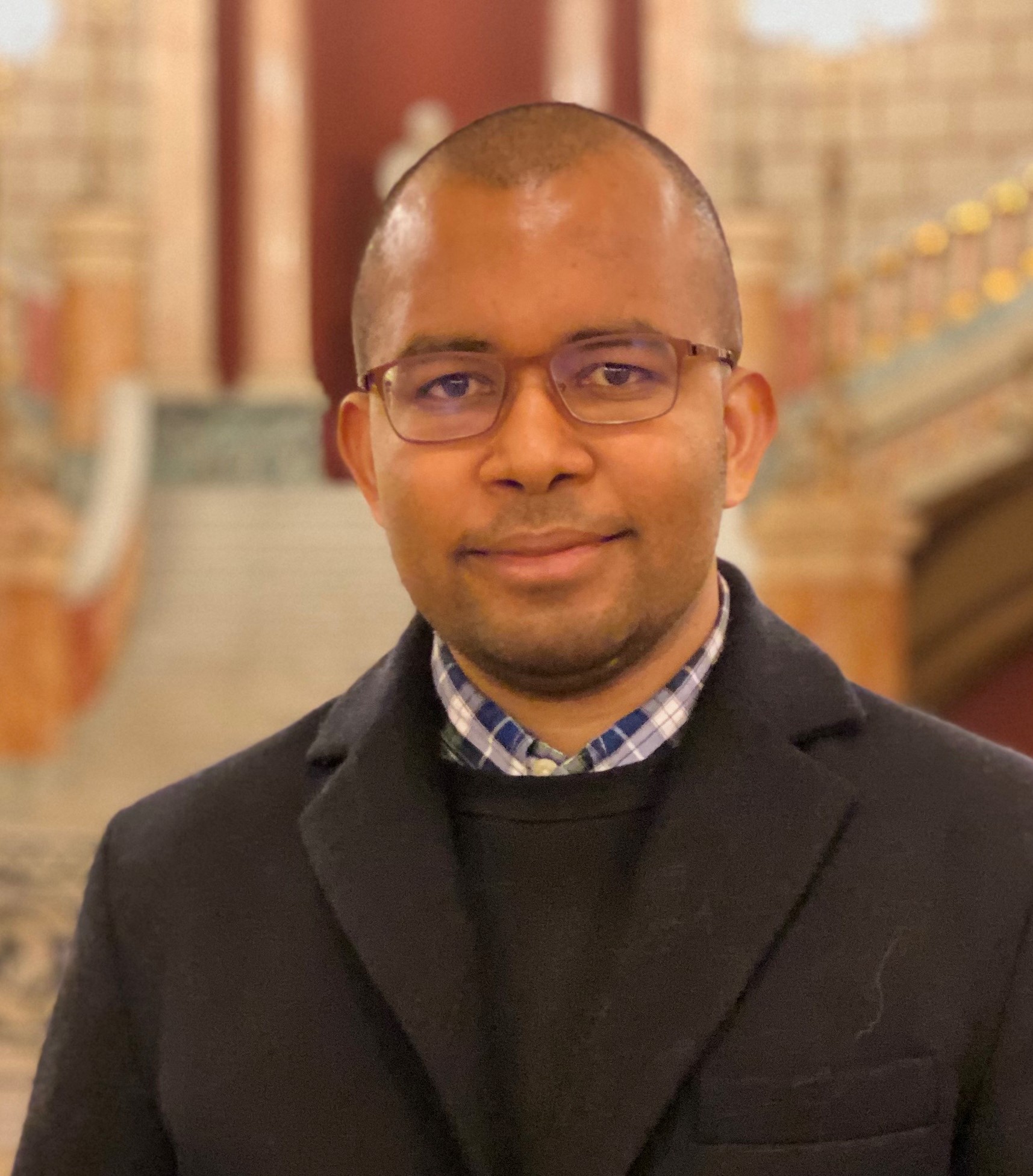
Aniket MISHRA
Researcher Statistical Genetics, BPH Center U1219

Anton OTTAVI
SHIVA Business Manager, International Project Coordinator

Michel PÂQUES
Ophtalmologist, 15-20 ophthalmology hospital
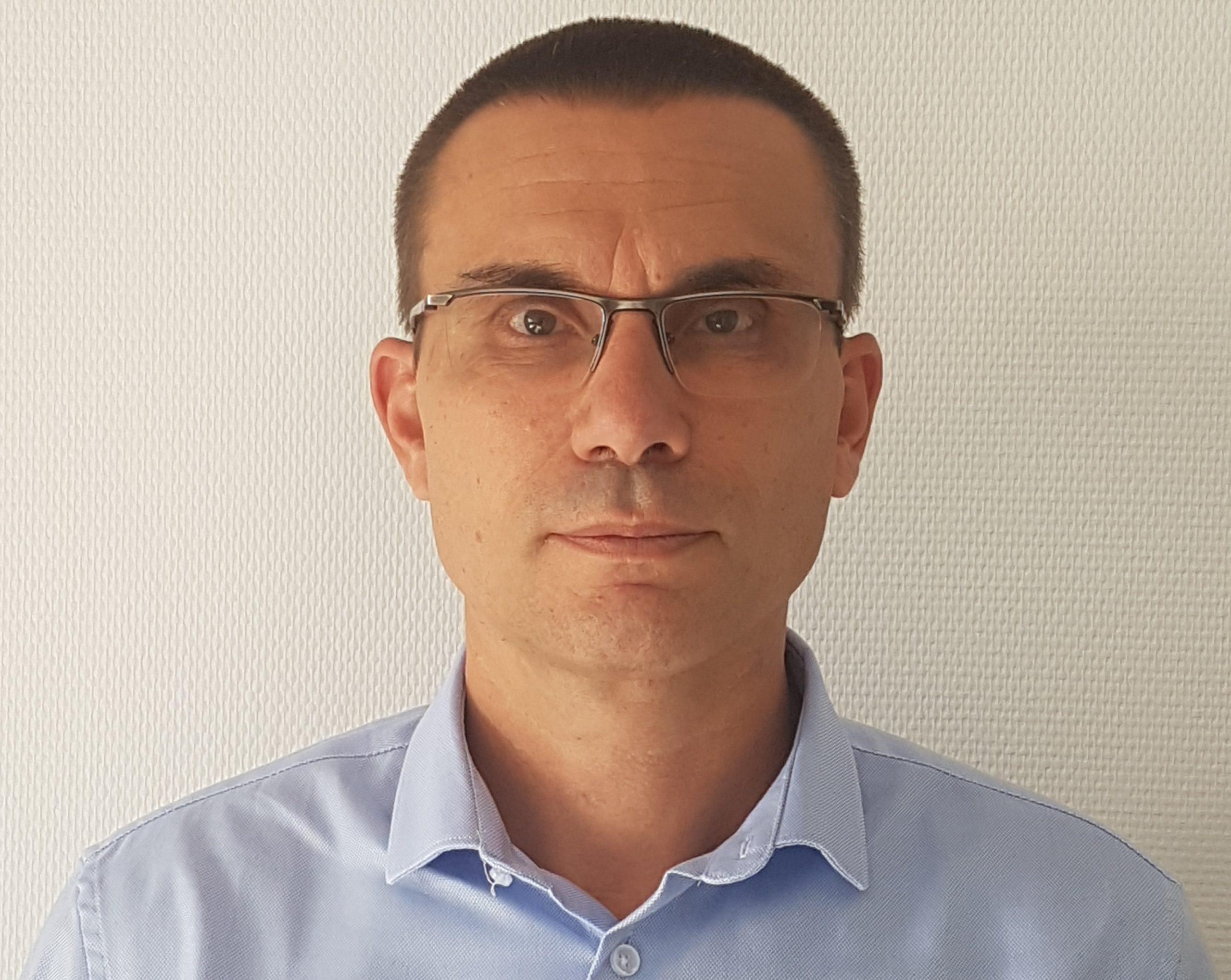
Igor SIBON
Neurologist, Bordeaux Hospital
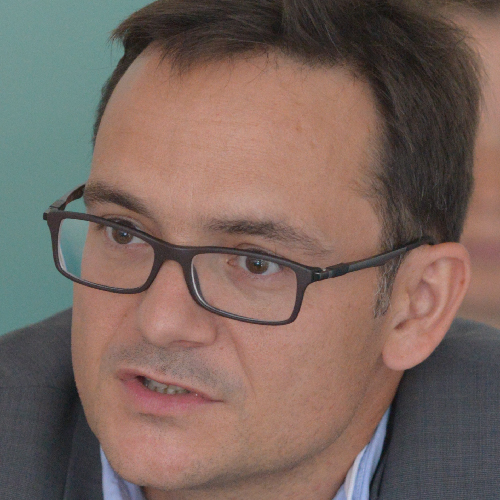
Rodolphe THIEBAUT
Researcher, BPH Center UMR1219
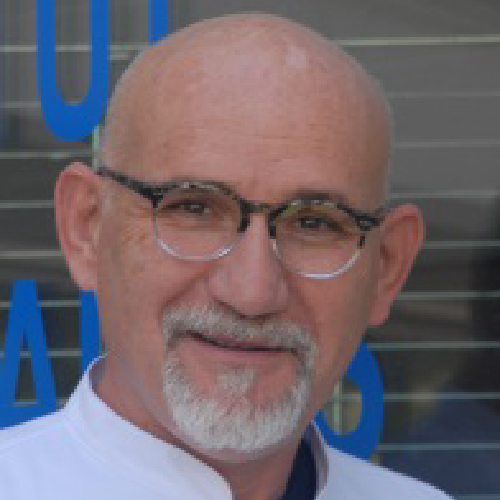
François TISON
Neurologist, Bordeaux Hospital
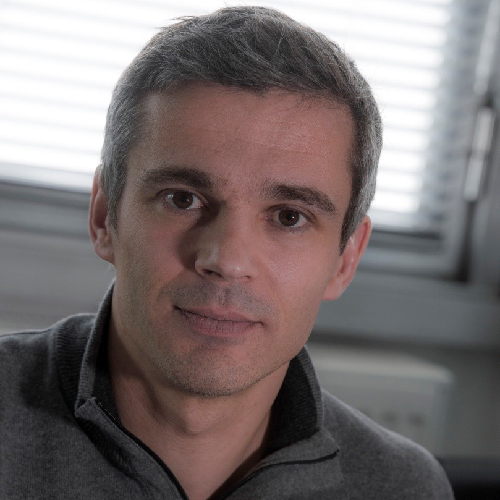
David-Alexandre TREGOUËT
WP2 Leader, Research Director, UMR1219
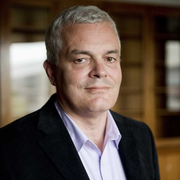
Christophe TZOURIO
Researcher, BPH Center UMR1219
OTHER MEMBERS
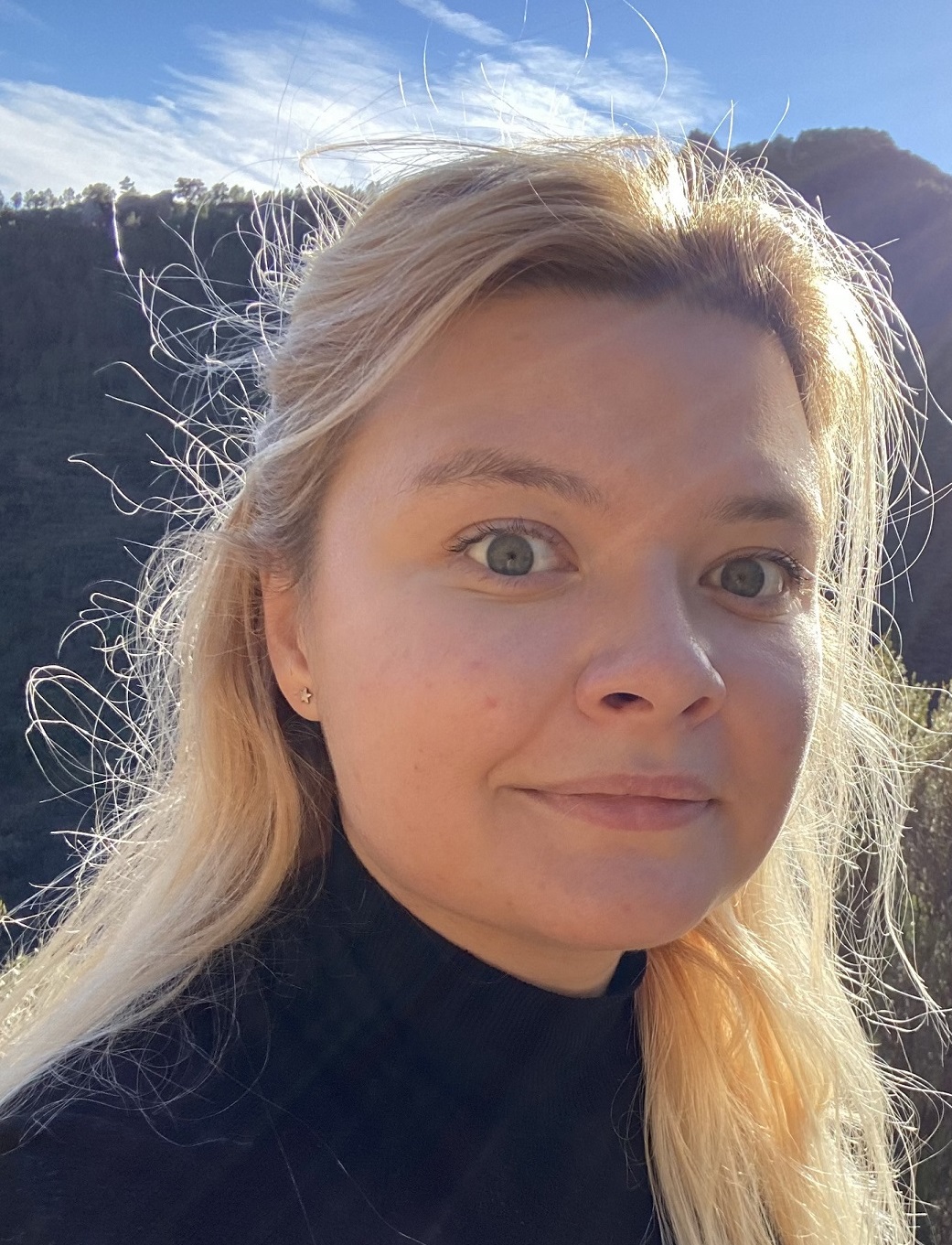
Iana ASTAFEVA
MRI engineer, BPH Center U1219

Arianne BERCU
Statistician, BPH Center U1219

Frauke BEYER
Post-doctoral Fellow, BPH Center U1219
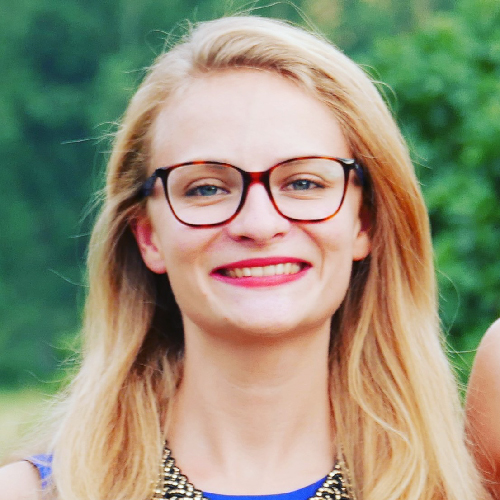
Constance BORDES
PhD Candidate, BPH Center UMR1219
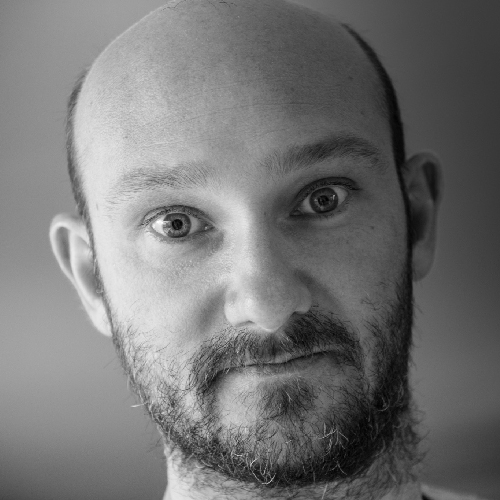
Vincent BOUTELOUP
Statistician, BPH Center UMR1219
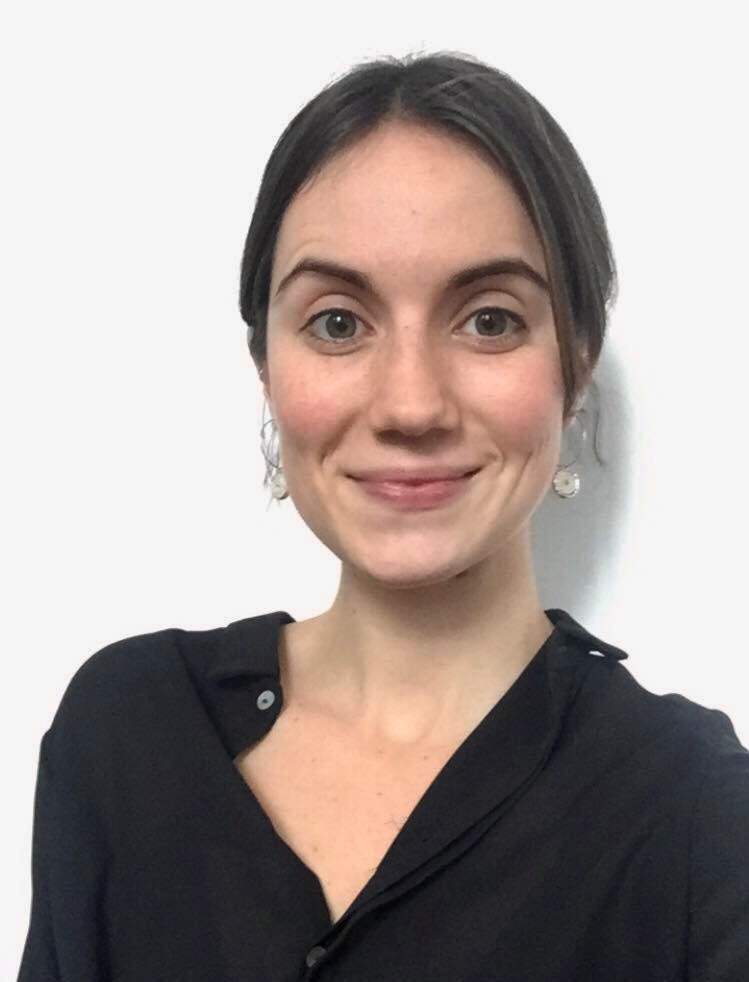
Ilana CARO
PhD Candidate, BPH Center U1219
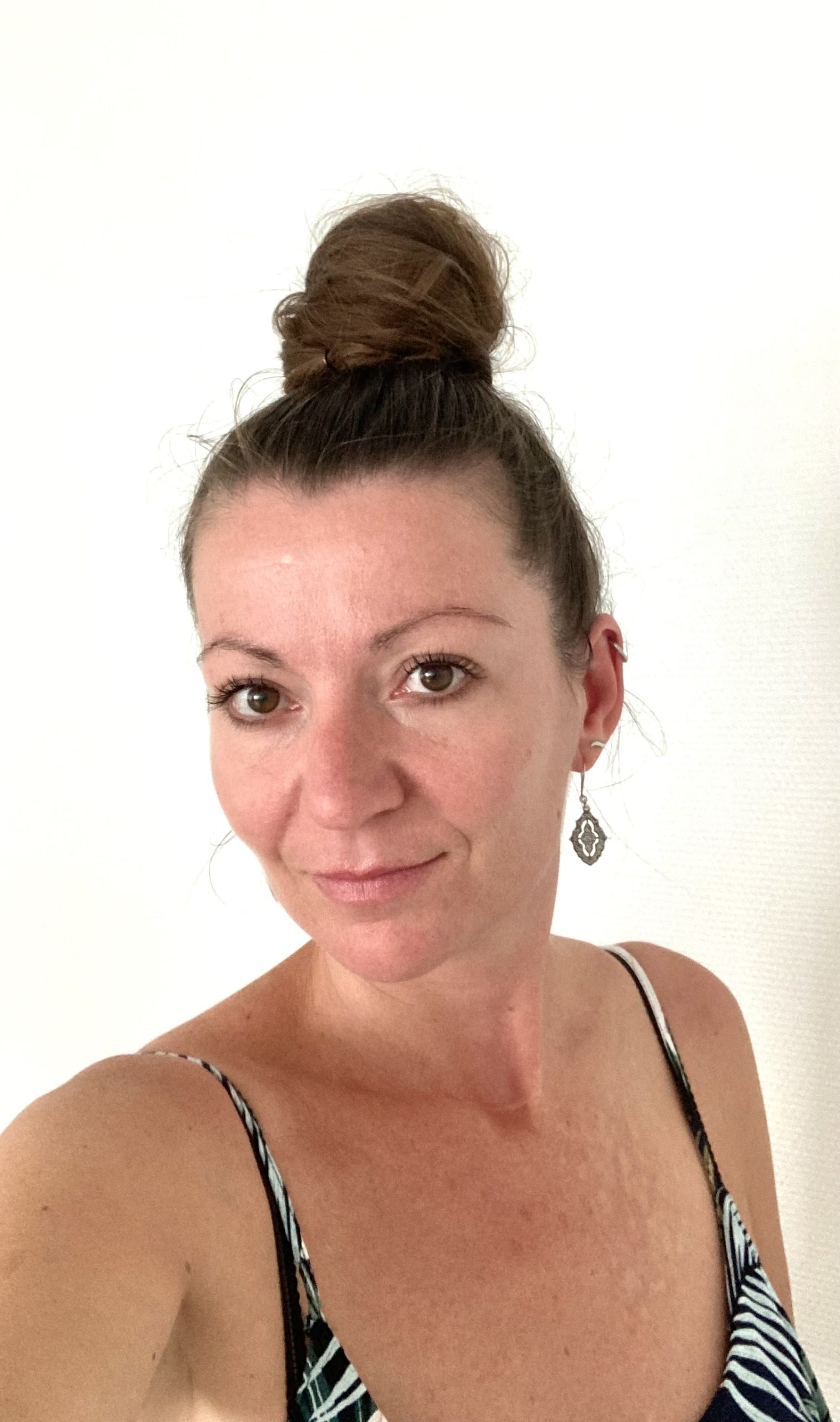
Julie CHARRE-MORIN
Neuropsyhologist, Bordeaux Hospital
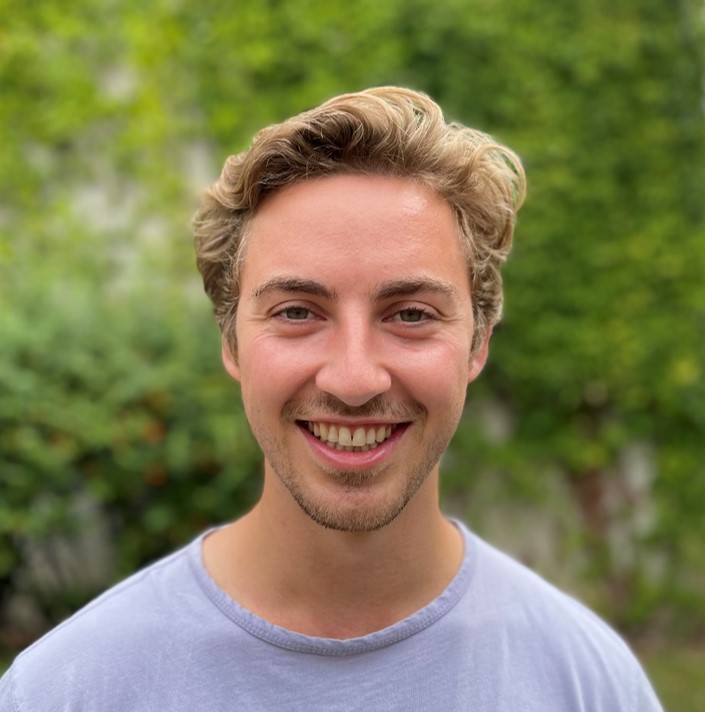
Timothy D'AOUST
PhD candidate, BPH Center U1219
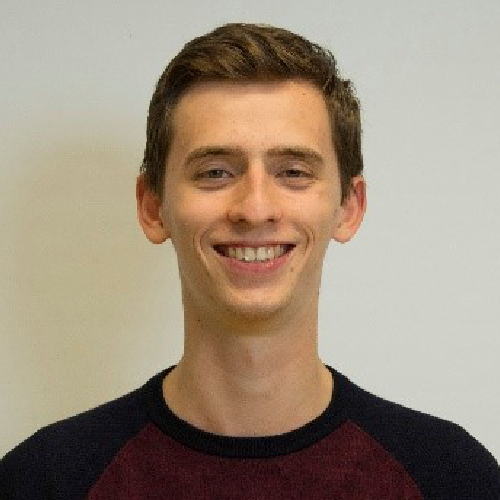
Valentin DELOBEL
PhD candidate, Inserm U1034
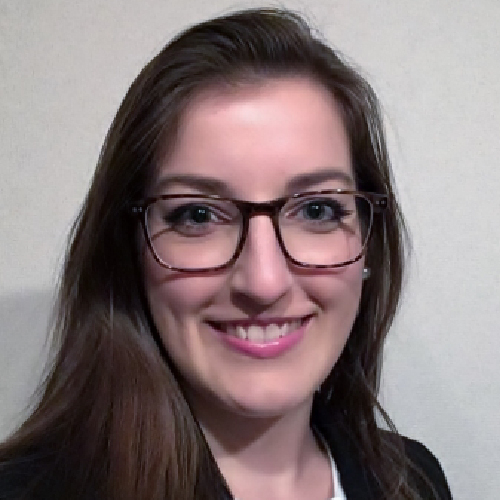
Marine DURAND
Retinal Imaging Product Manager, Imagine Eyes

Julie ERRAUD
Project Manager of BIND, Bordeaux Hospital
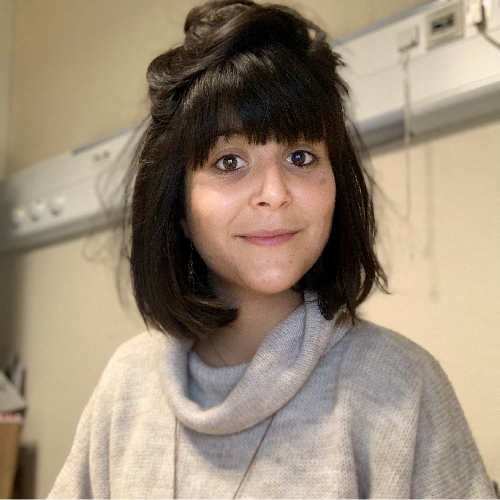
Julie GAUDISSARD
Study coordinator, Bordeaux Hospital
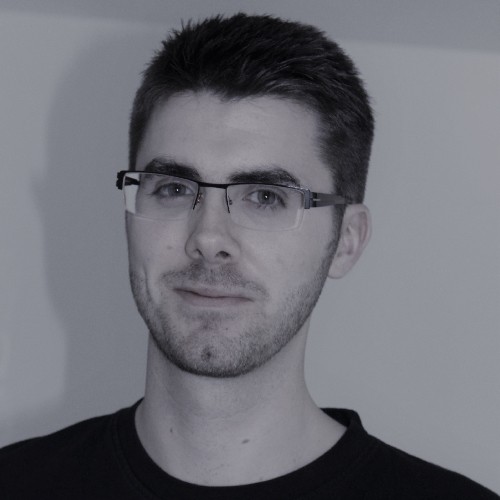
Quentin LE GRAND
Post-doctorant fellow, BPH Center UMR1219
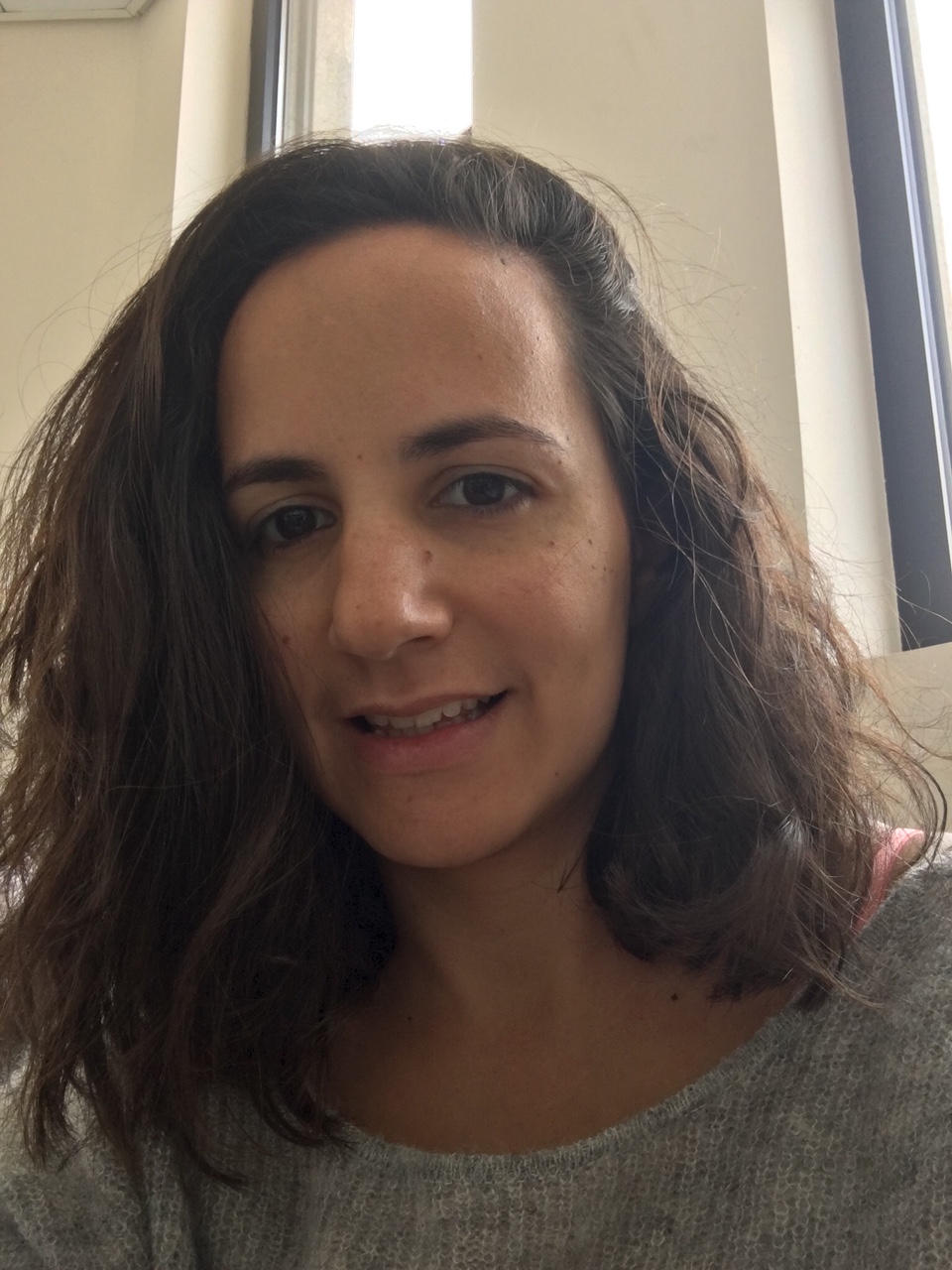
Pascale MICHEL
Clinical Research Assistant coordinating SHIVA cohorts, Bordeaux Hospital
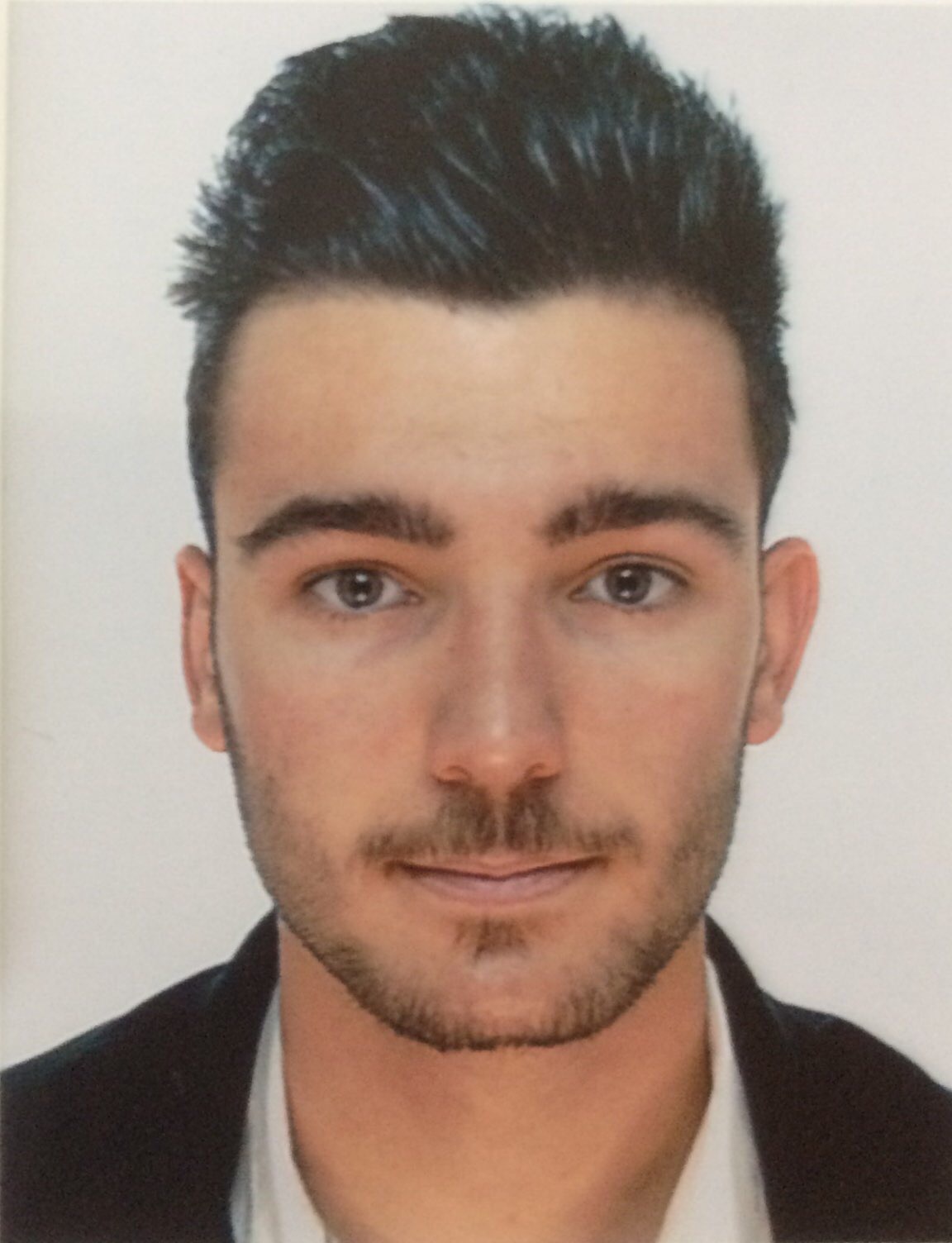
Alexandre MORVAN
SHIVA orthoptist
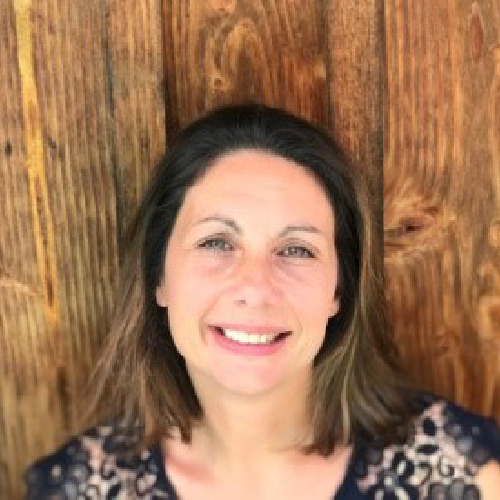
Carole PROUST
Research Engineer, BPH Center UMR1219
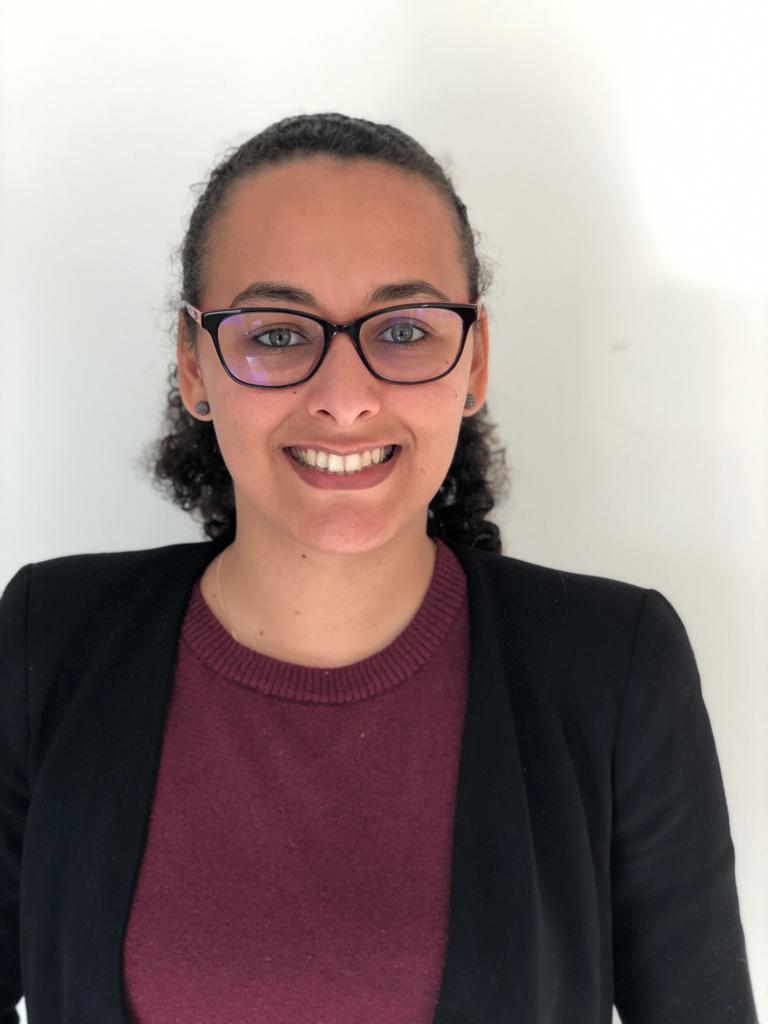
Sara Cristina Rondeau
SHIVA Post-doctorant fellow, BPH Center UMR1219

Aurore SAUBUSSE
Neuropsychologist, Bordeaux Hospital

Aïcha SOUMARÉ
Epidemiologist, BPH Center UMR1219
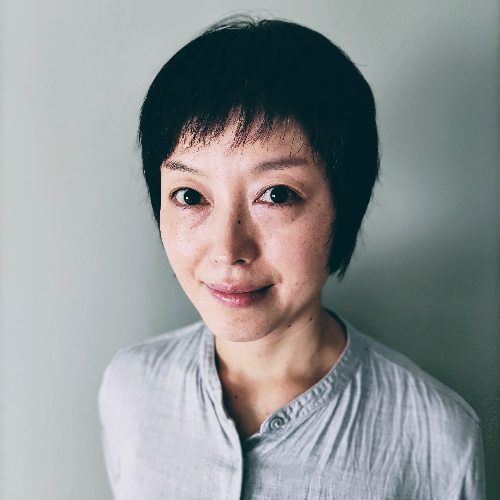
Ami TSUCHIDA
Research Engineer, UMR 5293 Center
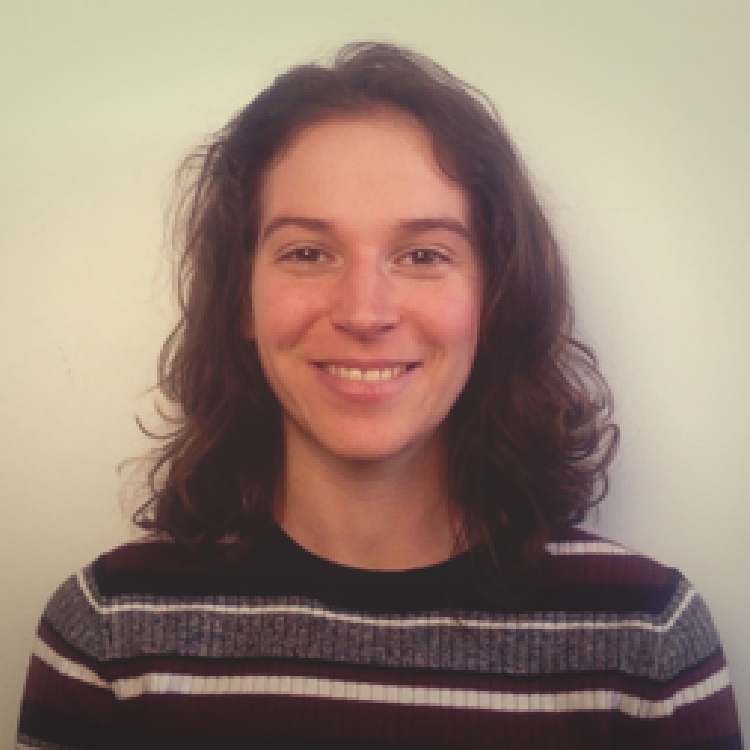
Juliette VAURS
Engineer, Inserm U1034
